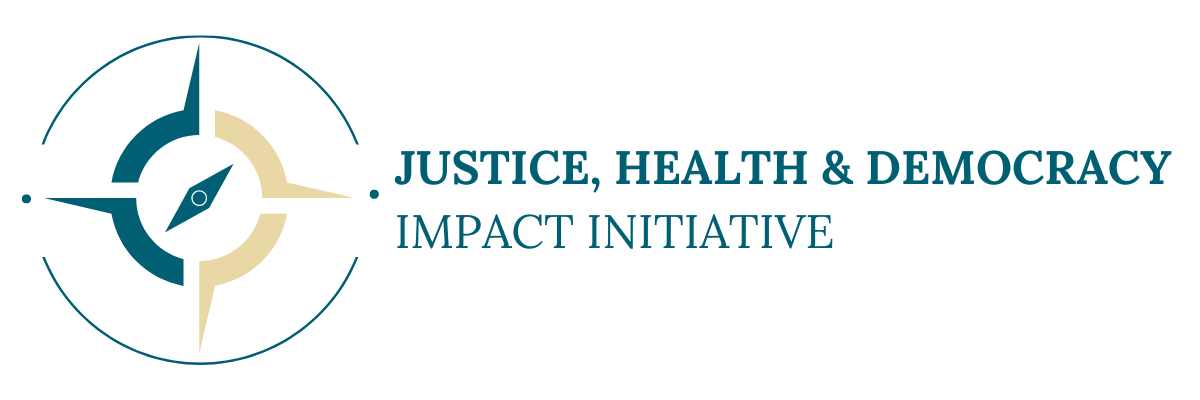Ethics of Decentralized Social Technologies: Lessons from Web3, the Fediverse, and Beyond

This paper argues that the plethora of experiments with decentralized social technologies (DSTs)—clusters of which are sometimes called “the Web 3.0 ecosystem” or “the Fediverse”—have brought us to a constitutional moment. These technologies enable radical innovations in social, economic, and political institutions and practices, with the potential to support transformative approaches to political economy. They demand governance innovation. The paper develops a framework of prudent vigilance for making ethical choices in this space that help to both grasp positive opportunities for transformation and avoid the potentially problematic consequences. Most of our specific examples and concerns come from the blockchain/Web3 universe, as this has received the greatest investment, attention, and adoption to date. However, we aim to offer a framework for governance decision-making in conditions of uncertainty that applies more broadly to other DSTs. Specifically, under the framework of prudent vigilance, we propose a pragmatic, democratic, and pluralist approach to navigating bold experimentation with social practices and political economy enabled by these technologies. Our overarching goal is to provide a framework open to transformative improvement and constrained by guardrails and guiding values supportive of democracy, freedom, and pluralism. We take a relatively strong position, rather than simply laying out ethical issues and potential approaches. We seek to be provocative in order to spur further work and hope this paper will serve as a first bridge between academic philosophy and the DST community, which have hardly interacted to date.
Policy Lessons from the History of Pandemic Preparedness

Our twenty-third COVID-19 white paper is “Policy Lessons from the History of Pandemic Preparedness,” by George J. Busenberg. Abstract This white paper draws lessons for policy progress from the recent history of pandemic preparedness in the United States, with a focus on the Strategic National Stockpile of medical and protective equipment that forms an essential […]
Digital Tools for COVID-19 Contact Tracing: Identifying and Mitigating the Equity, Privacy, and Civil Liberties Concerns

Our twenty-second white paper in the COVID-19 series is “Digital Tools for COVID-19 Contact Tracing: Identifying and Mitigating the Equity, Privacy, and Civil Liberties Concerns,” by Koustubh “K.J.” Bagchi, Christine Bannan, Sharon Bradford Franklin, Heather Hurlburt, Lauren Sarkesian, Ross Schulman, and Joshua Stager. Abstract Many state governments and public health authorities in the United States […]
Schools During the COVID-19 Pandemic: Sites and Sources of Community Resilience

Our twentieth white paper is, “Schools During the COVID-19 Pandemic: Sites and Sources of Community Resilience,” by Jacob Fay, Meira Levinson, Allison Stevens, Harry Brighouse, and Tatiana Geron. Abstract Along with the economy and health care system, schools are an essential third pillar in promoting community resilience and rebuilding communities’ physical, economic, emotional, social, and […]
Who Is Dying, and Why?

Our nineteenth COVID-19 white paper is, “Who Is Dying, and Why?” by Rajiv Sethi, Divya Siddarth, Nia Johnson, Brandon Terry, Julie Seager, Mary Travis Bassett, and Meredith Rosenthal. Abstract It is commonly asserted, with some justification, that viruses do not recognize social boundaries. And yet the statistics on the demographics of those afflicted and felled by […]
Ethical Implementation of Wearables in Pandemic Response: A Call for a Paradigm Shift

Our eighteenth white paper is “Ethical Implementation of Wearables in Pandemic Response: A Call for a Paradigm Shift,” by Marielle S. Gross, Robert C. Miller, and Assya Pascalev. Abstract Wearable technologies, a class of information technology devices uniquely designed to be worn on an individual’s body, are being implemented in the strategic response to COVID-19. […]
Educational Ethics During a Pandemic

Our seventeenth COVID white paper is, “Educational Ethics During a Pandemic,” by Meira Levinson. Abstract Over 55 million children and their families have been affected by physical school closures in the United States since early March. Schools in all but two states will remain closed at least through the end of the school year. This […]
Mitigate/Suppress/ Maintain: Local Targets for Victory Over COVID

The sixteenth white paper in our ongoing COVID series is, “Mitigate/Suppress/Maintain: Local Targets for Victory Over COVID,” by Divya Siddarth, Marie-Laurie Charpignon, Dean Foster, Kazumi Hoshino, Sham Kakade, John C. Langford, Nicolás Della Penna, Rajiv Sethi, Sema K. Sgaier, Peter Smittenaar, Nicholas Stewart, and E. Glen Weyl. Abstract There is growing consensus around a strategy […]
Designing an Interstate Compact for a Pandemic Testing Board

This paper offers a blueprint for how to design a pandemic testing board via an interstate compact.
Interstate Compacts: A Primer

This paper provides an introduction to interstate compacts to inform the design of a Pandemic Testing Board. It outlines the constitutional framework for interstate compacts, highlights examples of relevant compacts, and describes the process of creating such a compact today. It also explores potential legal issues that might emerge and concludes that none of them are insurmountable.

